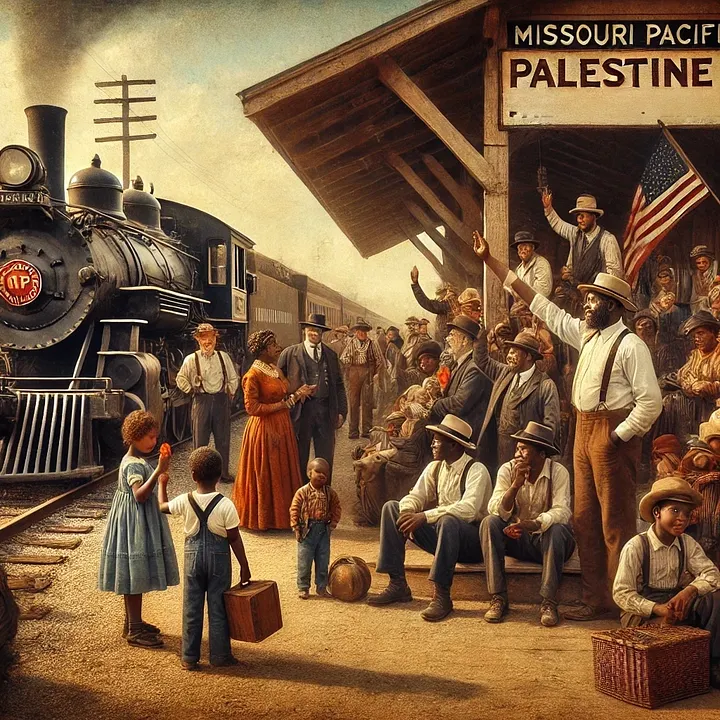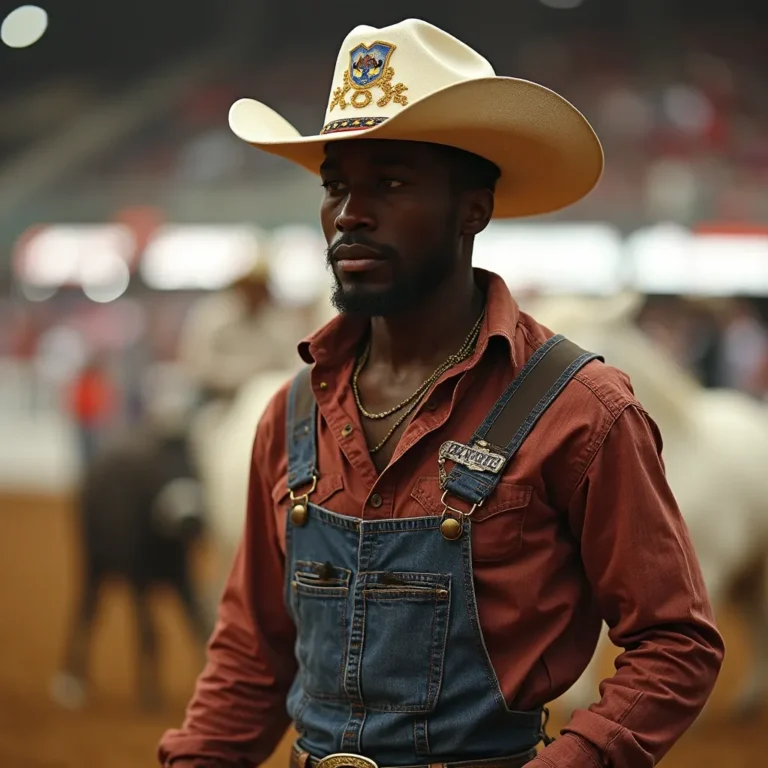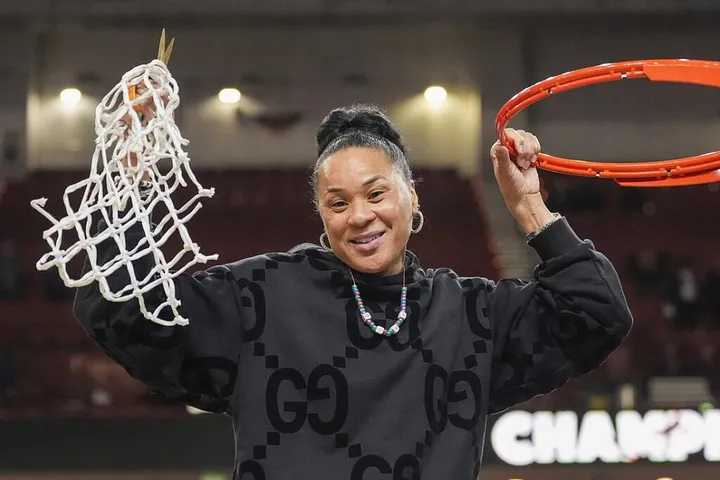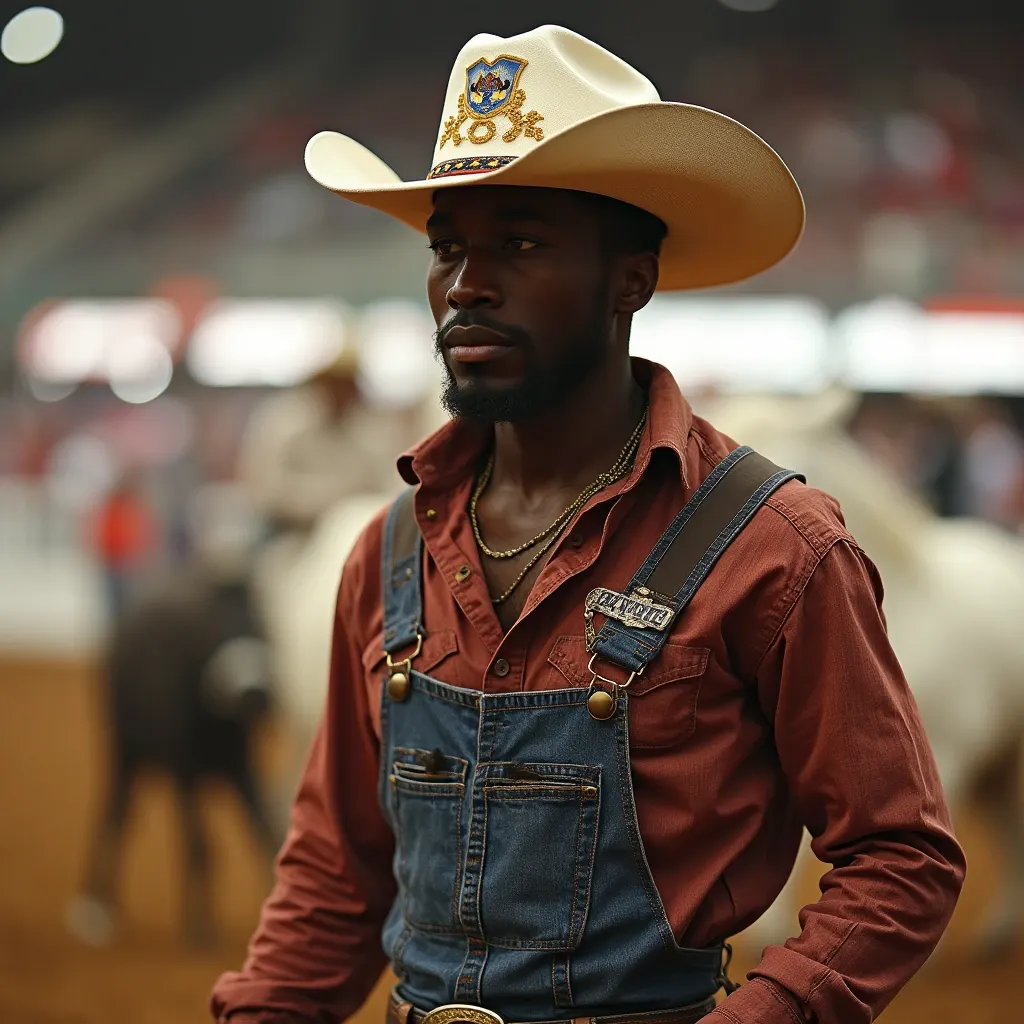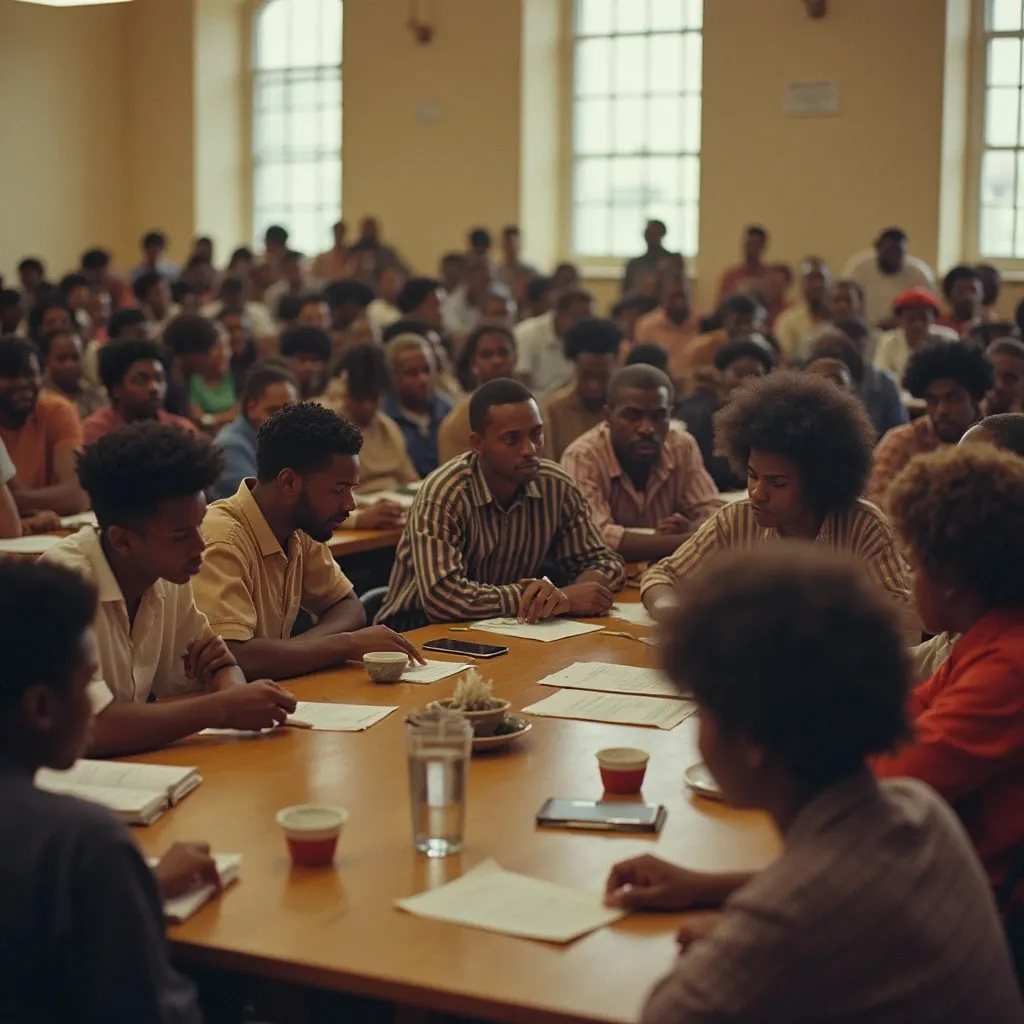Success isn’t just about what you build; it’s about who you become. One mistake — one careless choice — can unravel a lifetime of respect.
There are things you can prepare for in life — and then there are the things that hit you in a place preparation can’t reach. Those are the moments that change everything, not just for you, but for the people who once believed in you.
I, along with millions of others, have been following the ongoing saga unfolding with Shannon Sharpe at the center of the controversy. The headlines, the allegations, and the public fallout have been impossible to ignore. What was once a man celebrated for his accomplishments and respected for his influence is now at the center of a drama that threatens to undo everything he’s worked for. As I watch this unfold, I find myself reflecting on a larger truth:
Success isn’t just about what you build — it’s about who you become.
Writing this feels like a burden I didn’t know I was carrying, but one I’m forced to bear. It’s up there with the hardest things I’ve ever done. The weight feels almost as heavy as writing my mother’s obituary. Not because I don’t have thoughts; trust me, I do. Ask anyone who knows me, I am RARELY at a loss for words.
But sometimes, when the air around a situation is thick with confusion, it takes time to clear. You need space to think and breathe before speaking, so you don’t lose a part of yourself along the way. Even now, as I write this, I’m unsure whether it’s too soon to address this topic. But I also know silence isn’t always the answer. Not when so many of us are wrestling with the sting of disappointment. Not when a man many of us once regarded as “Unc,” a pillar of strength and wisdom, has found himself caught in something far bigger than a single mistake; it’s a painful reminder of how fragile legacy really is.
This is not funny to me. Maybe it’s because I am about the same age as this man, or perhaps it’s due to my strong stance on credibility, honor, serving as an example. Whatever the case, and I am still trying to wrap my brain around it, the recent headlines surrounding Shannon Sharpe hit me differently. They’re a reminder that the most respected legacies can fall apart in the blink of an eye, and not always because of a single wrong choice. It’s when ego, power, and a warped sense of entitlement collide that everything begins to crumble.

I didn’t want to add to the noise. I didn’t want to pile onto the tidal wave of public opinion laced with snark, cruelty, and ego. But I couldn’t turn away, not when something deeper was at play. Something that hits harder than the latest scandal.
I read the comments — like so many of us do:
“I’m still waiting to hear what his grandparents told him about situations like this.”
“Monique warned him to his face. He didn’t listen.”
“He was raised better than this — this is just hardheadedness in action.”
“He and that teenager were on the same maturity level.”
These aren’t just words. They’re real thoughts from real people who feel disappointed, angry, betrayed, hurt. And the truth is, I share some of those feelings, I just held back from talking about it publicly.
Until now.
I recognized something deeper than any individual scandal. This isn’t just about one man. It’s about what happens when legacy collides with ego. When power gets confused with permission. When what you’ve built is dismantled not by one catastrophic event, but by a series of choices that, taken together, reveal a truth we’ve all been too afraid to confront.
One woman’s words on Facebook was like a punch to the gut:
“This isn’t about guilt or innocence. That’s for the courts. But men — of all walks of life — have a habit of falling in love with delusions. They’ll pay for it. Protect it. Call it peace. But what is it really? Low self-worth. Ego fragility. Fear of real intimacy. A woman who loves a man will hold up a mirror. And if that mirror reveals something he doesn’t want to confront, he’ll swap it out for someone who’ll reflect his fantasy instead.”
Dam.
Now, I don’t agree with everything she said, but there’s definitely truth in it. It made me think about how many times we all, at one point or another, choose comfort over facing the hard truths about ourselves. I’ve long called it “slave master syndrome.”
See, back on the plantation, the slave master had all the power. He could take what he wanted, sleep with whomever he wanted, crawl back into bed with his wife, still smelling of the shame of his sins, and face no consequences. The enslaved had no say. The wife had no recourse.
And here we are — generations later — and somehow, ironically, some men of color carry that same sense of entitlement. As if money and status give them a free pass to indulge every whim, no matter the cost, without the weight of accountability.
One day, on the railroad, I was working with a man much older than me. We were the only two in the cab that day, and he made an offhand comment about Beyoncé being “fine.” I reminded him that she was just 17 at the time.
I have daughters. I love them more than anything in this world. And his words didn’t sit right with me. Not at all. His response?
“She’ll be 18 soon.”
I was in my early 30s. He was pushing 50. I never looked at him the same after that.
When you strip away the surface-level depravity, a bigger question rises to the fore: What kind of man in his forties thinks it’s even okay to have an intimate conversation with a seventeen-year-old? Like, seriously, what could he possibly be looking for? At 45, I was mapping out retirement plans, not vacations, or new cars. My mind was on real, lasting peace. I can’t imagine anyone in their early 20s wanting to be a part of that vision.
Don’t get me wrong, that person may exist somewhere, but they’d be an outlier!
This isn’t just about age. It’s about purpose. It’s about maturity. It’s about values, and knowing what’s worth preserving.
I remember when Kobe (Bryant) got married. He was young. Really young! Some people thought he was out of his mind. But as a Lakers fan, I was relieved. The commitment meant he wouldn’t be out partying every night. He wouldn’t be the one hosting after-parties and making headlines for all the wrong reasons.
Yes, I know, he made a mistake in Colorado. Not smart at all. I get it.
But he owned up to it. Vanessa forgave him (which ultimately is all that matters). From that moment, he was intentional about building a legacy. He poured himself into his daughters. He invested in women’s sports. He made it right.
Same with Grant Hill. Quiet. Consistent. Solid. 25 years of marriage, no major scandals, no tabloid drama… that’s not just luck. That’s discipline. That’s alignment. That’s understanding what’s at stake.
I’m not saying any of these men are perfect — I don’t know anyone who is. But (from what I can see) they understand what it means to be honorable.
Success, real success, requires you to shrink your circle. I’ve seen it in my own life. I’m not famous, but I’ve had some wins. And the people closest to me — my four best friends — have been there since our favorite teacher, Mrs. Pugh’s, pre- school class: John John, Lorenza, Vinson, we’ve been tight for a minute.
Throw in Cody from college, and a couple of other trusted individuals — that’s my circle. And that’s it.
We talk about everything — politics, relationships, religion. We don’t shy away from hard conversations. We run toward them, no matter how difficult. But here’s the thing about having a small circle: The people closest to you aren’t afraid to tell you when you’re wrong. They’re the ones who will hold up a mirror and make you face yourself. And sometimes, that’s the hardest part. Because, believe me, you don’t want to get on the wrong side of those who know you best.
Recently, I decided to ask one of my daughters a question — just to see what she’d think.
“If something ever happened to Liz, do you think it would be wrong for me to date a younger woman?”
Now, before I go any further, let me just tell you: this daughter… is tough. Not the “I’ll be disappointed in you” kind of tough. No sir. She’s the “I’ll look at you like I just caught you stealing from the grandkids” kind of tough.
When I asked the question, I could see it coming. Her eyes narrowed, like she was trying to decide if I’d lost my mind. She didn’t say a word. Not a single syllable. She just gave me that look that would snatch your soul. The look that says, “Really? You’re going to ask me that?”
That look spoke louder than anything I could have said. It told me everything I needed to know in that instant. It was the kind of look that kept me grounded. It made me realize that the respect I have for my daughters is what keeps me from straying. I could never disrespect them, especially not in that way.
I can’t help but wonder: What do his daughters think? How do they feel watching their father unravel? It’s got to be just as hard for them to watch the man they respect and admire lose everything.
I’ve often said: Some people live long enough to ruin their own legacy. And that, to me, is the real tragedy here. Not the headlines. Not the memes. Not the jokes. The tragedy is the erosion of trust. The unraveling of a man who had the world’s respect — and didn’t recognize how precious that respect was until it was slipping through his fingers.
We talk so much about building wealth. About building brands. But what happens when the very foundation of who we are — our character — becomes compromised? What does it all mean if we’re not building integrity along the way? What good is a fortune or a public persona if the one thing you’ve worked hardest to maintain — the trust of the people around you — starts to fade?
Character isn’t something you can buy. It’s not something you can fake. It’s something that, over time, either strengthens or deteriorates, depending on the choices you make. The truth is, we don’t realize how fragile credibility is until it’s hanging by a thread.
I’ve often said that the real measure of success isn’t the money in your bank account or the number of followers you have. It’s how you leave people feeling when they walk away from you. Do they walk away feeling valued, respected, and heard? Or do they leave with doubts, questions, and a sense that they’ve been let down? One misstep, one moment of weakness, one lapse in judgment — and everything you’ve worked for can slip away faster than you ever imagined. That’s not judgment. That’s reality.
That’s what’s haunting about this moment: It’s a reminder that none of us are invincible.
I don’t know what comes next for “Unc.” I’m not here to condemn him. But I do hope he does the work — because at this stage in life, you should be passing torches, not playing with fire.
Maybe that’s what this moment is really about, learning the lesson before we become the cautionary tale. In the end, the greatest tragedy isn’t the fall, it’s the failure to learn from it.
So, the question is: Will he, we, learn, or will we let the legacy of our mistakes define us? It’s not just a lesson for “Unc.” It’s a lesson for all of us — one we can’t afford to ignore.

